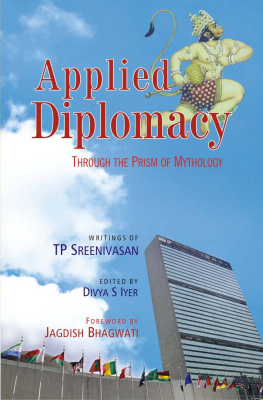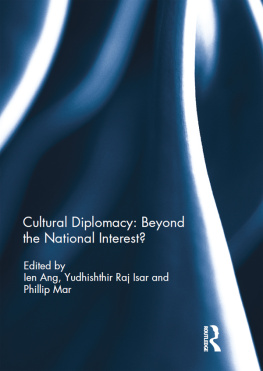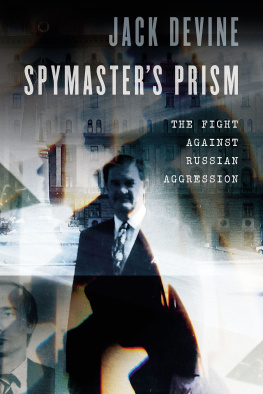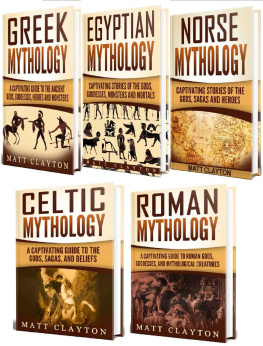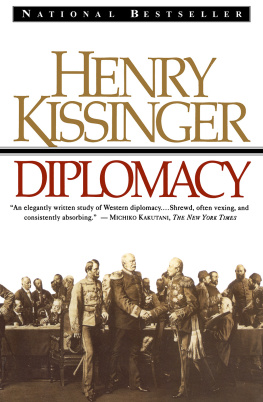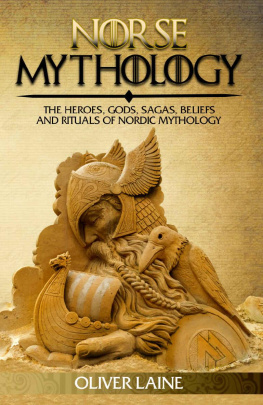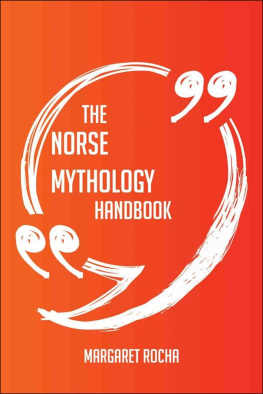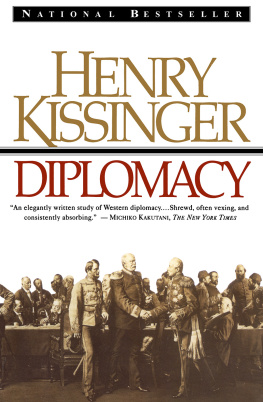Table of Contents



T HROUGH THE P RISM OF M YTHOLOGY
WRITINGS OF
TP S REENIVASAN
EDITED BY
DIVYA S I YER
FOREWORD BY
J AGDISH B HAGWATI

TP Sreenivasan
First published 2014
All rights reserved. No part of this book may be reproduced, stored in a retrieval system or transmitted in any form or by any meanselectronic, mechanical, photocopying, recording or otherwisewithout the prior permission of the author and the publisher.
ISBN 978-81-8328-393-9
Published by
Wisdom Tree
4779/23, Ansari Road
Darya Ganj, New Delhi-110 002
Ph.: 23247966/67/68
wisdomtreebooks@gmail.com
Printed in India
Media credits: The Indian Express, The New Indian Express, Tribune, Rediff.com, India Ink, New York Times, Wall Street Journal, TEDx Talks
Dedicated to Former Foreign Secretary Jagat Singh Mehta, who taught
the author to think critically and creatively about foreign policy
CONTENTS
Foreword | ix |
Introduction | xi |
HanumanThe Mascot of Indian Foreign Service |
1. Diplomacy: Charms and Challenges | |
2. Dreams for the World | |
3. The Price of Reticence | |
4. Selective Alignments, Not Non-alignment | |
5. Federalism and Foreign Policy | |
6. The Business of Expelling Excellencies | |
7. IFS as a Career for the Next Generation | |
VibheeshanaIndia in a Tough Neighbourhood |
1. India and Her Neighbours | |
2. More Continuity than Change | |
3. The Nobel Prize Syndrome | |
4. Sino-Indian Relations: Inscrutability, Thy Name is China | |
5. JapanIndia Honeymoon | |
6. The Empty Gesture | |
7. Aung San Suu Kyis Long Road to Democracy | |
AshwatthamaThe United States |
1. Barack Obama: Building a Legacy | |
2. US in Asia-Pacific: An Indian Perspective | |
3. The Autumn Thaw | |
4. IndiaUS: The Limits of Engagement | |
5. The US May Have No Nuclear Trade with India | |
6. India after the IndiaUS Nuclear Deal | |
7. Implementation is Imperative | |
ParasuramaWeapons of War and Peace |
1. Does Nuclear Power Have a Future in India? | |
2. From Hiroshima to Fukushima | |
3. Nuclear Power: The Third Way | |
4. IAEAThe Way to Go After Fukushima | |
5. Kudankulam: The Judgment and Beyond | |
6. Nuclear Disarmament: Timeline Challenges | |
7. Bringing Indias Dream to Fruition | |
KripacharyaThe United Nations |
1. United Nations: Relevance in Todays World | |
2. Reform of Global Institutions | |
3. Indians in the UN System | |
4. UNSC: Resistance to Revolutionary Change | |
5. UN Gaffes are Not Rare | |
6. OPEW vs Malala in the Nobel Run | |
7. The Climate Change Conundrum | |
MahabaliThe Kerala Landscape |
1. In Kerala, Feasting, Splurging and Mollywood Usher in Onam | |
2. Uncrowned King | |
3. In Golds Own Country | |
4. Swami Vivekananda: The Second Coming | |
5. Malayalee Mindset | |
6. Challenges in Higher Education: A Kerala Perspective | |
7. Higher Education 2.0: A Blueprint for Kerala | |
VyasaThe Master Storyteller |
1. The Pains and Pleasures of Writing | |
2. Flights of Fiction | |
3. The Fashion Statement | |
4. Fundamentals of Decision-Making | |
5. A Diplomat Ahead of His Times | |
6. Reflections on Learning English Literature | |
7. From Paddy Fields to the World Parliament | |
Epilogue | |
Index | |
FOREWORD
The old tradition where senior Western bureaucrats wrote about their colonial experiences in India, Ceylon, Indonesia and elsewhere, is practically a lost art. Indeed, this was done sometimes with great grace, as by Leonard Wolf, whose second volume of autobiography titled Growing is a remarkable description and analysis of his stint in Ceylon; as are the essays of George Orwell, especially Shooting the Elephant when he was posted in Burma.
Ambassador TP Sreenivasan is a distinguished diplomat who has had wide-ranging experiences and has a pen, or should I say a PC, to match. He has written this wonderfully entertaining and acutely insightful set of short essays, what we call Op Eds, on the many subjects he has had to deal with; all helpfully classified by common threads which make it easier to see the interconnectedness of his thinking on related topics. Since this is a rich smorgasbord, which is a feast that almost paralyses you with indecision as to what to savour first, it is hard to pick and choose.
But I particularly enjoyed and learnt from his essays on trade policy and climate change, issues that the new government under Prime Minister Narendra Modi will have to turn to immediately.
His views on our relationship with Japan, with whom we plan to intensify our economic and political relationship, are particularly wise. Revealing also is his insider analysis of Indias bid for a permanent seat on the UN Security Council.
This collection of his writings shows why, when I receive a new essay from Ambassador Sreenivasan, I never reach for the delete button. The reader of this collection will have that same pleasure and privilege, admittedly later than I have enjoyed, now that his gifted editor, Dr Divya Iyer has brought this collection together for a wider readership. She has also provided a prism of mythology to see the essays in a new light. With her depth of knowledge of mythology, she has evoked in each section of the book the attributes and tales of one of the Sapta-chiranjeevis. This fascinating and unique experiment makes the book a wonderful gift for the author, who has just turned seventy. Read and enjoy!
Jagdish Bhagwati
University Professor of Economics,
Law and International Affairs, Columbia University
INTRODUCTION
Ashwatthama Balir Vyasaha Hanumantha Vibeeshanaha

